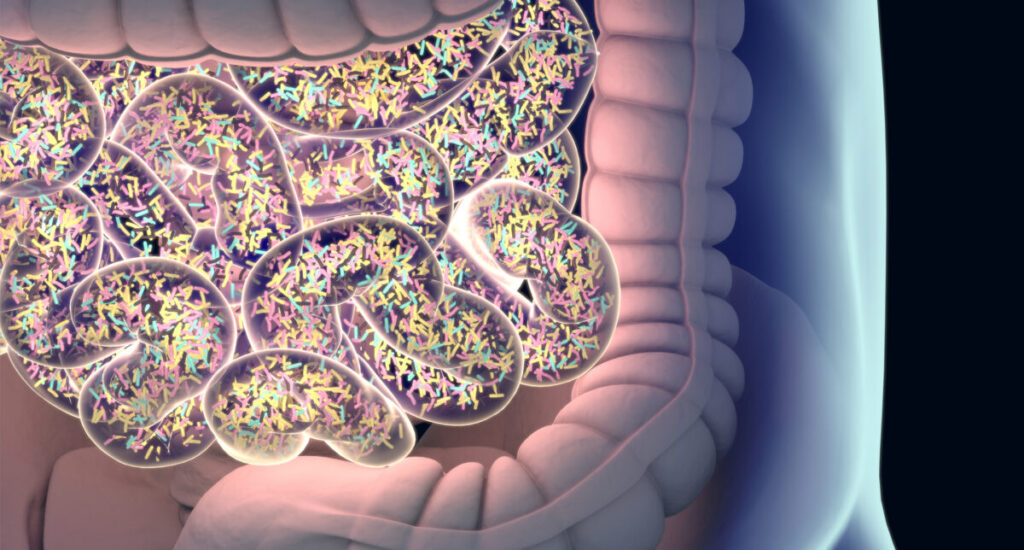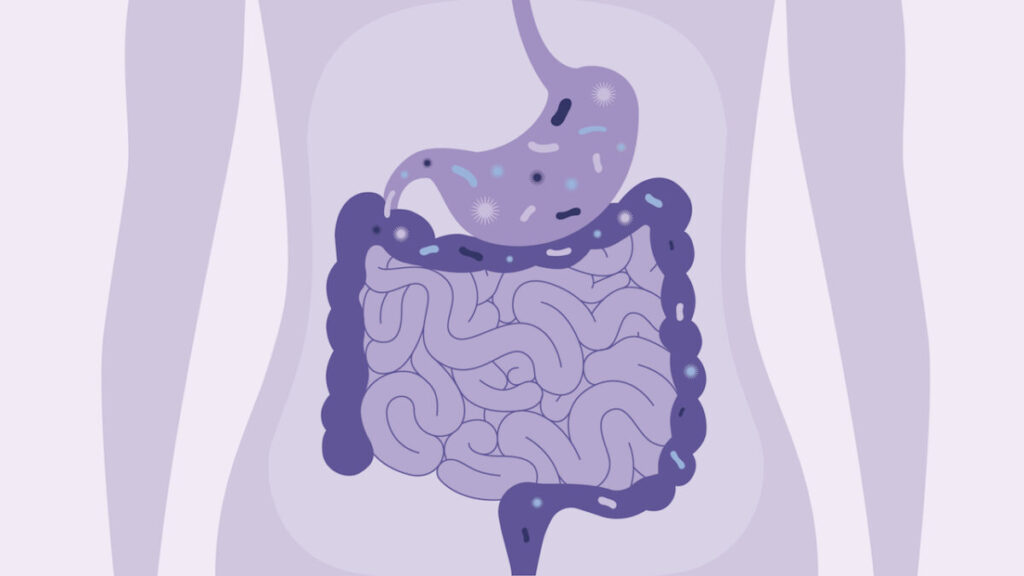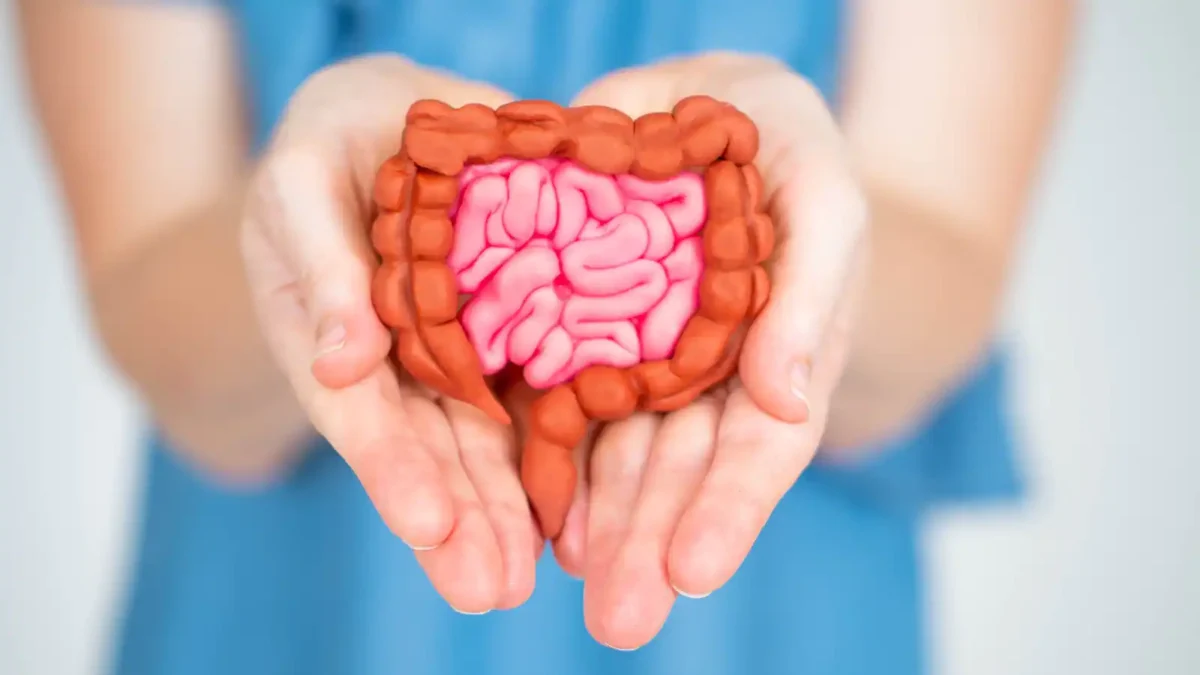We all know that our gut is important. It’s the first line of defense against parasites and bacteria, and it plays a vital role in digestion. But what if your gut is unhealthy? In this blog post, we will explore the link between gut health and overall health, and how you can determine if your gut is healthy or not. By doing so, you can start taking steps to improve your health overall.
What is the Gut Microbiome?

Source: gutmicrobiotaforhealth.com
The gut microbiome is the population of bacteria that inhabits the intestine. Its composition can vary hugely from person to person, and this variation can affect a range of health conditions. Some people are apparently more prone to developing illnesses such as asthma or allergies when their gut microbiome is out of balance, while others may have a healthy gut microbiome and not experience any adverse health effects.
There’s still much we don’t know about the gut microbiome, but we do know that it’s absolutely essential for human health. The bacteria in our gut break down food into nutrients that our body can use, and they also play a role in protecting us against infection. In fact, studies have shown that people with a healthy gut microbiome are less likely to develop diseases such as obesity or diabetes.
That said, there’s no getting around the fact that intestinal bacteria can cause problems for some people. If your gut microbiome is out of balance, it can lead to inflammation and other health problems. This is why it’s so important to maintain good overall health by eating a balanced diet and exercising regularly – but it’s also important to pay attention to what you eat and drink, especially when it comes to things like antibiotics and probiotics (a type of supplement). If you’re not sure whether your gut microbiome is healthy or not, consult with your doctor or naturopath.
What are the Health Risks of a Dysbiotic Gut Microbiome?

Source: gutmicrobiotaforhealth.com
There are a few ways to know if your gut microbiome is off balance. One way is to look at your stool. If you’re having trouble digesting complex carbohydrates or proteins, that’s probably a sign of an unhealthy gut microbiome. Another way to check your gut health is by using a stool analysis test like the UC Davis 20-Item Gut Health Test. This test looks at the levels of bacteria, fungi, and viruses in your gut. If you have a dysbiotic gut, you likely have high levels of bad bacteria and low levels of good bacteria. High levels of bad bacteria can cause inflammation in the intestine and can also lead to obesity, diabetes, and other health problems. A dysbiotic gut can also make it difficult for you to absorb nutrients from food. Finally, research shows that a dysbiotic gut can increase your risk for inflammatory bowel disease (IBD). IBD is a chronic condition that affects the intestines and can be very painful.
How Can You Tell if Your Gut is Unhealthy?
One of the first signs that your gut may be unhealthy is if you’re having trouble digesting food or experiencing other digestive issues. Other signs of a problem with your gut include:
– Weight gain even when you don’t eat more than you should.
– An increase in abdominal pain, bloating, and gas.
– Constipation or diarrhea.
– A decrease in bowel movements.
– Sinus problems such as congestion, sinus infections, and headaches.
What Can You Do to Improve Your Gut Health?

Source: nm.org
There are a few key things you can do to improve your gut health. First, make sure you’re getting enough fiber. A fiber-rich diet has been shown to help protect against diarrhea and other gut problems. Second, eat plenty of probiotic foods. Probiotics are good bacteria that can help keep your gut healthy and promote overall digestion. Finally, exercise regularly. Even just 30 minutes a day can help improve gut health and reduce inflammation in the body.
What is the Gut-Brain Connection?
The gut-brain connection is a growing field of research investigating how the gut microbiome (the trillions of bacteria and other organisms that live in the intestine) impacts various aspects of brain function. The gut-brain connection is broad and complex, with studies showing that changes to the gut microbiota can affect mood, anxiety, stress levels, sleep, cognitive performance, and overall health.
One example of how the gut-brain connection can impact overall health is through inflammatory pathways. When the gut microbiota becomes imbalanced or infected with pathogenic microbes, it can cause an inflammatory response in the intestine. This response can result in increased production of pro-inflammatory cytokines (signaling molecules), such as TNF-a and IL-6, which can damage delicate tissue in the intestines and lead to chronic inflammation. Chronic inflammation has been linked to many chronic diseases, including obesity and diabetes.
Another way that changes to the gut microbiota can affect brain function is through communication between the brain and intestinal tract. Studies have shown that certain nutrients found in food digestion are actually able to pass through the intestinal wall into the bloodstream and cross into the brain. These nutrients include B vitamins (including B6), fiber, minerals (including zinc), fatty acids, vitamin C, onions/garlic/shallots extractives (onion flavonoids), probiotics (bacteria cultures used for supplements), omega-3s (eicosapentaenoic acid [EPA] & docosahexaenoic acid [DHA]), and lactobacilli (a type of bacteria that helps break down milk sugar). These nutrients can interact with the brain to influence mood, cognition, and behavior.
The Link Between Gut Health and Overall Health

Source: healthshots.com
Gut health is an important factor in overall health. A strong gut can help you resist infections and maintain a healthy weight, while a weak gut can lead to problems such as digestive issues, autoimmune diseases, and more. Gut health can also impact mood and mental health, as well as overall physical health.There is a growing body of scientific evidence linking gut health and overall health. Conditions like obesity, diabetes, heart disease, and even some forms of cancer can all be traced back to poor gut health. Here are five ways to know your gut is unhealthy:
- You’re bloated or have chronic constipation.
- You’ve been diagnosed with an autoimmune disorder.
- You suffer from allergies or asthma.
- You experience frequent nerve pain or headaches.
- Your skin is inflamed or you have unexplained bruising or bleeding.
Conclusion
If you’re experiencing any of the above symptoms, it’s important to consult with a doctor or naturopath to determine if your gut is unhealthy. By following these tips, you can start taking steps to improve your gut health and overall health.





